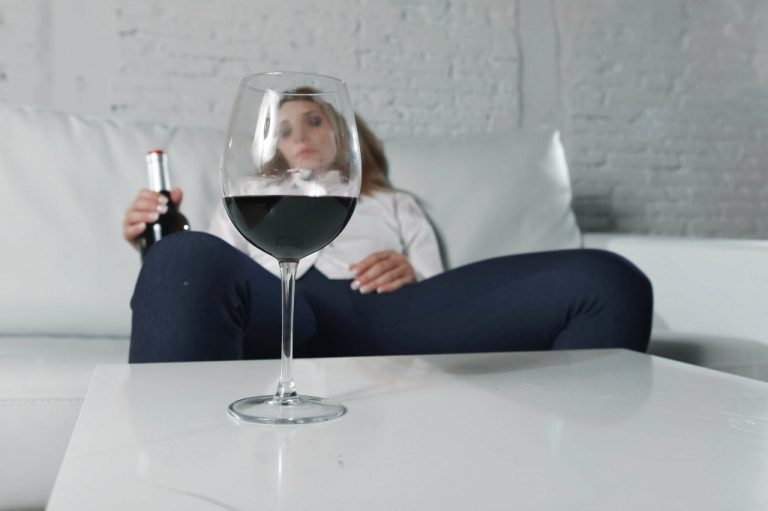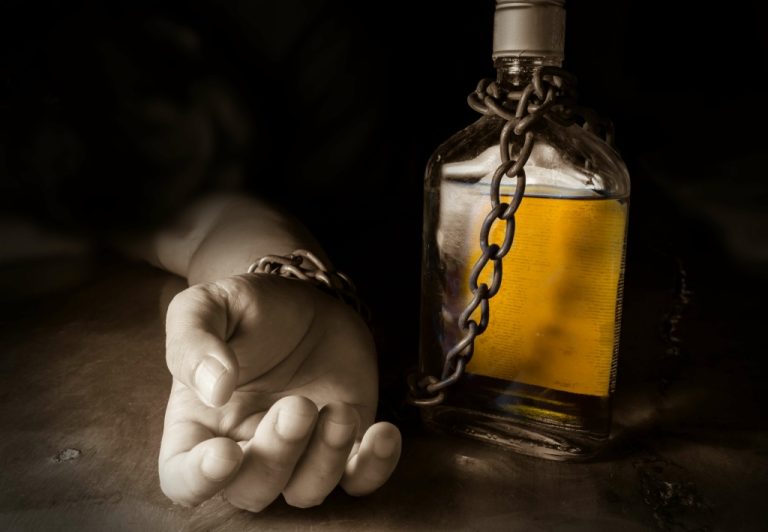100 Reasons to Stay Sober: Your Ultimate Guide
With some exceptions, sober living homes usually aren’t eligible for insurance coverage because they’re not considered a treatment facility by the government. This is because sober living homes don’t offer treatment as rehab facilities do. While this seems like a disadvantage, paying rent can help a resident continue responsible financial habits. The answer was more negative consequences of drinking https://www.japanblockfair.com/page/2/ and more positive associations with God and/or spirituality.
It’s seen as normal to drink, and quitting that drug can feel https://arsaman.ru/news/bellerin_and_mavropanos_continue_their_rehab/2019-07-15-15158 like breaking a social pact. So your bold, life-improving decision to not drink will mean changes almost everywhere you look. Here are some surprising (and not-so-surprising) occurrences that will inevitably happen to your relationships, your identity, even your free time, and how I’ve learned to deal with each one.
A Rockstar’s Guide to Sobriety: Sarah Smith’s Music and Life

These steps, when done with commitment, can result in sustained sobriety and the potential for you to live a healthy, productive, and substance-free life. The first step to getting sober is recognizing and admitting that you have a problem with drug or alcohol misuse. It’s difficult to admit that you have lost control over your substance use. This guide includes the steps required to fully support the path and the journey to addiction recovery. One of the reasons some people hesitate to go into treatment is that they don’t actually believe they can have a fulfilling life as a sober person.
A Guide to Sober Living: What it is, Why, and How
Such changes can include avoiding triggers and creating a robust support system that encourages and uplifts. The journey to sobriety is continuous, often filled with its fair share of ups and downs. One strategy often used when living a sober life is to always come prepared when going to a party or outing and BYOB (Bring Your Own Beverage). Don’t expect that the host will have a spread of non-alcoholic beverages.
Identifying Triggers and Stressors

Strictly speaking, sobriety is the state of being sober—not being under http://bani-i-sauni.ru/books/item/f00/s00/z0000013/st036.shtml the influence of alcohol or drugs. However, the word is often used in different ways in different contexts. Many 12-step programs suggest that sobriety means total abstinence, which means never using the substance again. Other definitions, however, focus on the process of recovery and coping habits that support health and wellness over the long term. If you find it difficult to make new, sober friends, try joining a support group.
- In the throes of addiction, honest and open communication may have taken a back seat.
- If you’re struggling with addiction, seeking professional help can be a crucial step toward living a sober life.
- By choosing sobriety, you’re investing in a future where health, happiness, and growth are within your reach.
- Sobriety also fosters better relationships with family members, as it allows for more authentic connections free from the negative impacts of substance abuse.
- Once alcohol is out of the equation, that money can be redirected towards savings, investments, or spending on experiences and items that bring lasting joy rather than fleeting pleasure.
- As you go through your sobriety journey, you will have good days and bad days, and setbacks are part of the journey.
- Additionally, most sober living communities in California are located in areas with easy access to nature, helping you to embrace sober living in California, thriving rather than merely surviving.
With improved energy and motivation, you may find yourself starting to exercise and taking better care of yourself. It involves a commitment to a new lifestyle, including changes in attitude, habits, practices, and social circles. In navigating the journey of sobriety, recognizing and cherishing the positive changes in your relationships can be a source of motivation and strength.

LOWER RISK OF RELAPSE

Also, the absence of hangovers means waking up feeling refreshed and ready to make the most of each day. Some notice improvements within a few days, but it can take up to a month or longer for sleep patterns to substantially improve. Improvement might start within a few weeks, with more significant changes becoming apparent 1-2 months into sobriety. While alcohol might initially seem like a quick fix for calming nerves, it ultimately disrupts the brain’s chemical balance, worsening anxiety over time. We feel as though we had been placed in a position of neutrality—safe and protected. When I got sober, I thought giving up alcohol was saying goodbye to all the fun and all the sparkle, and it turned out to be just the opposite.
Love and Addiction: Anna’s Journey Through Her Husband’s Hard-Won Victory Over Alcoholism
In fact, getting sober and sustaining sobriety is easier when you have a trusted support system motivating, encouraging, and supporting you along the way. A study from Substance Abuse indicates that having support from others can improve a person’s chances of engaging in and completing detox and treatment for addiction. Besides saving all that money in the first place, you’ll be in a better state of mind to make good financial decisions.
- Depending on the type of dependency, PAWS can last from six months to two years after you stop using drugs or alcohol.
- If you were active in your addiction for a period of time, you may have developed financial problems.
- Participating in support groups like Alcoholics Anonymous (AA) or Narcotics Anonymous (NA) can offer both motivation and accountability, ensuring you’re never alone in your journey.
Step 3: Find the Right Treatment Program
The life I had before I quit drinking was a lot like Groundhog Day; I was always waiting for it to begin and always reliving the same stuff, day after day, year after year. I can honestly say sobriety is the best thing I have ever done for myself. It was my jumping-off point into a life I knew I had buried inside of me. I got out of debt, started a company that provides digital recovery, launched a podcast, and am in the middle of writing a book. It’s been over six years since I first started seriously questioning my relationship with alcohol and considered a life without it. That’s six hard, beautiful, glorious years during which I not only stopped drinking, but also finally moved on from all recreational drugs as well as a history of bulimia.
